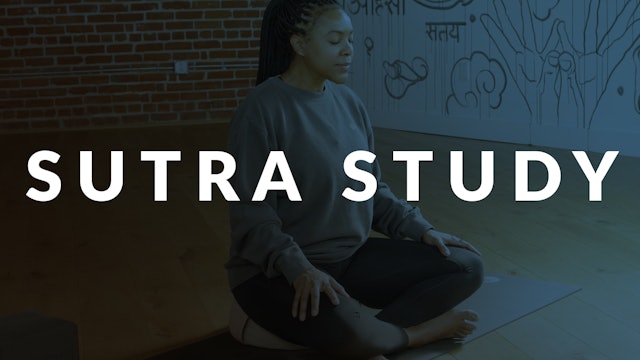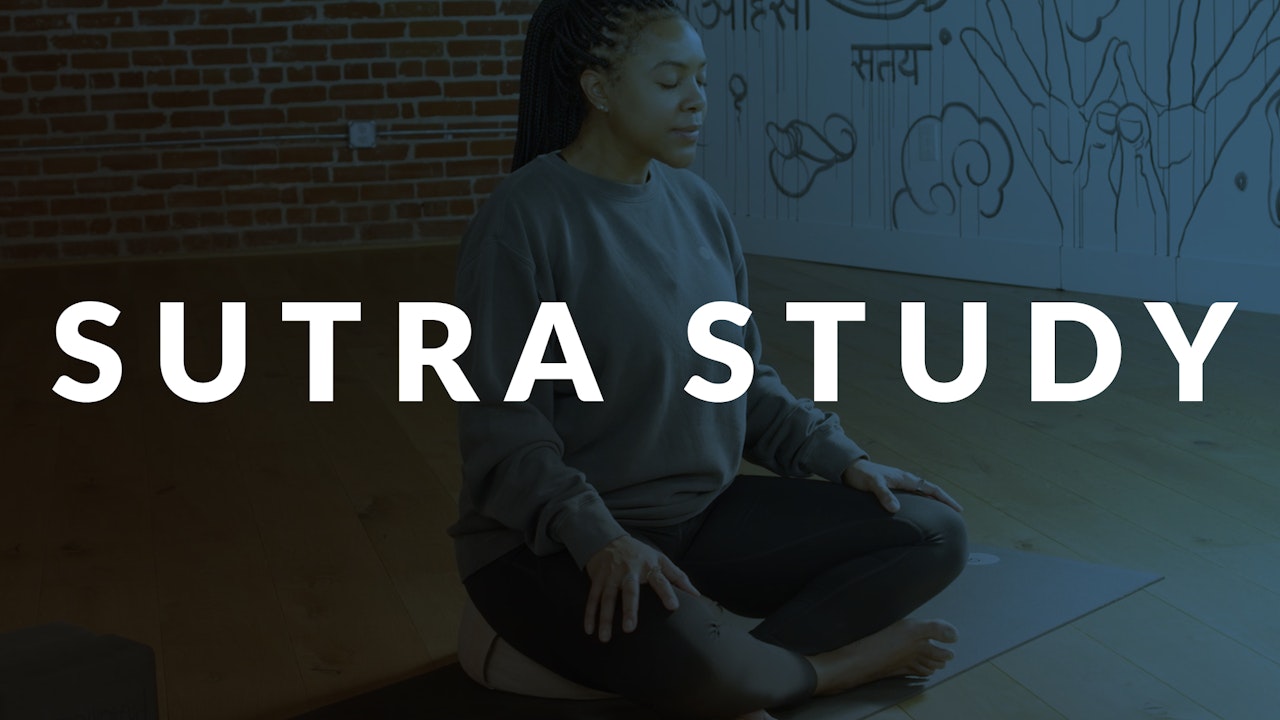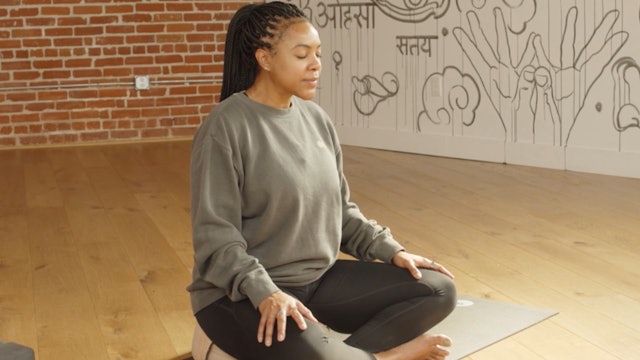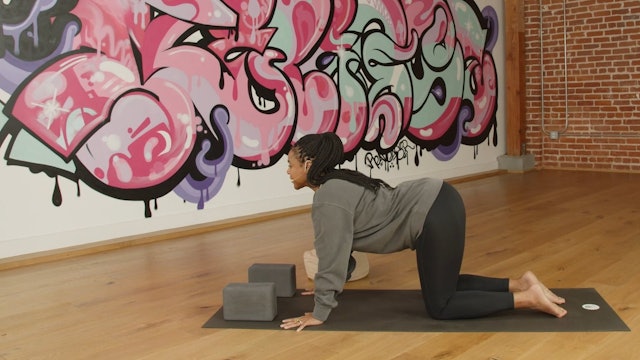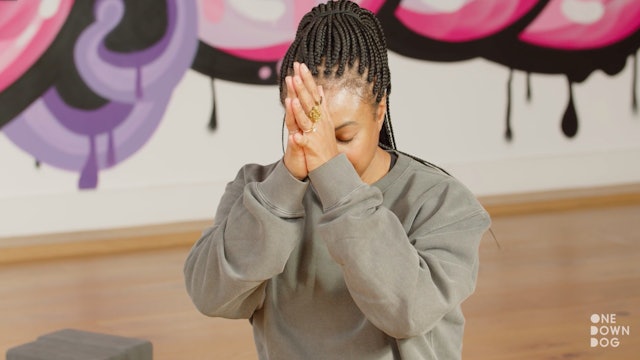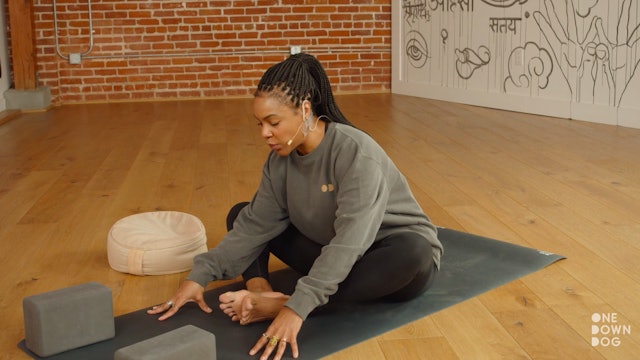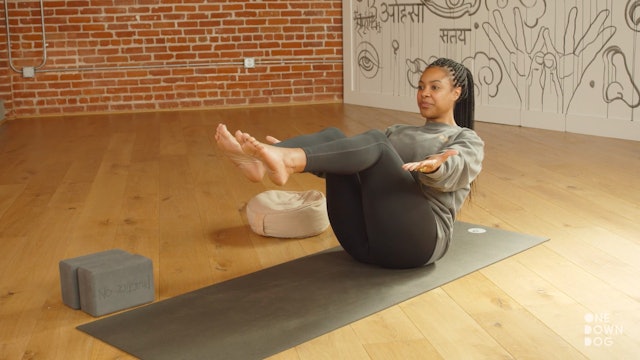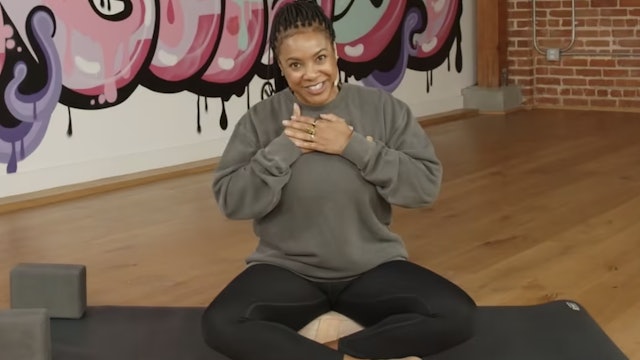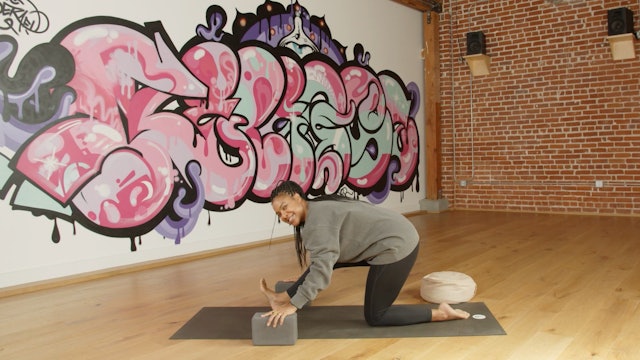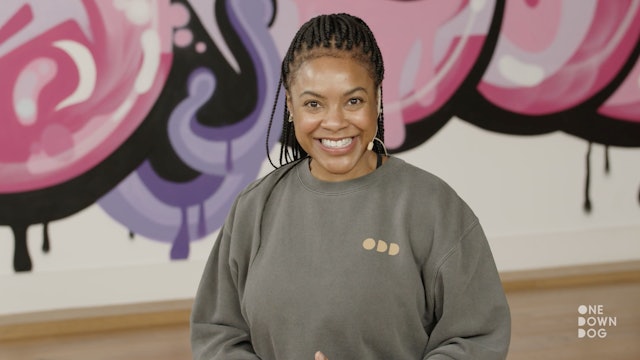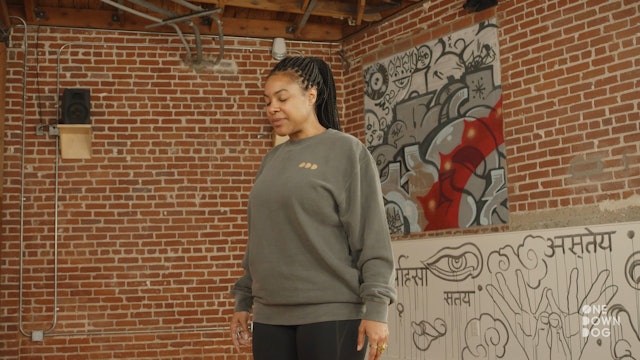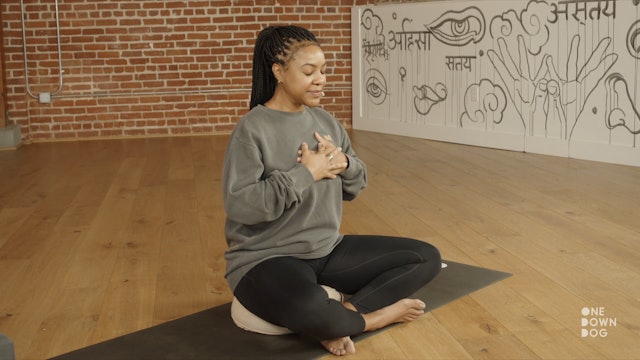Sutra Study
In this 10 part series, Courtney walks us through a series of techniques to cultivate our understanding and practical application of yogic philosophy — specifically focusing on the Yamas & Niyamas which are the first two limbs of the 8 limbed path of yoga. Each practice is short and accessible so that you can practice daily or as needed.
-
Yoga Sutra Study - NIYAMAS - Ishvarapraṇidhāna (5 of 5)
Courtney shares techniques for incorporating yoga into our daily lives through simple and accessible practices. Each class has a lecture and a short practice to help you take yoga off the mat.
-
Yoga Sutra Study - YAMAS - Aparigraha (5 of 5)
How can we bring yoga off the mat?
Courtney shares techniques for incorporating yoga into our lifestyle — focusing on the fifth yama. This practice focuses on Aparigraha, a practice in not grasping too tightly to outcomes, to material things, and more. -
Yoga Sutra Study - NIYAMAS - Svādhyāya (4 of 5)
Courtney shares techniques for incorporating yoga into our daily lives through simple and accessible practices. A lecture and a practice to guide you in self study.
-
Yoga Sutra Study YAMAS - Brahmacharya (4 of 5)
Courtney shares techniques for incorporating yoga into our daily lives through simple and accessible practices. A short lecture and a practice to guide you through the traditional and more modern approach to moderation, conservation of energy.
-
Yoga Sutra Study - NIYAMAS - Tapas (3 of 5)
Courtney shares techniques for incorporating yoga into our daily lives through simple and accessible practices. This lecture and short practice will help guide you to that yogic motivation and heat to create change.
-
Yoga Sutra Study - YAMAS - Asteya (3 of 5)
Courtney shares techniques for incorporating yoga into our daily lives through simple and accessible practices — focusing on the third yama, known as ASTEYA (non-stealing).
Each yoga sutra study class has a lecture and a practice.
-
NIYAMAS - Santosha (2 of 5)
Courtney shares techniques for incorporating yoga into our daily lives through simple and accessible practices — focusing on the second niyama, known as SANTOSHA (cleanliness, purity).
-
YAMAS - Satya (2 of 5)
Courtney shares techniques for incorporating yoga into our daily lives through simple and accessible practices — focusing on the second yama, known as SATYA (truthfulness).
-
NIYAMAS - Saucha (1 of 5)
Courtney shares techniques for incorporating yoga into our daily lives through simple and accessible practices — focusing on the first niyama, known as SAUCHA (cleanliness, purity).
-
Yoga Sutra Study - YAMAS - Ahiṃsā (1 of 5)
Courtney shares techniques for incorporating yoga into our daily lives through simple and accessible practices — focusing on the first yama, known as AHIMSA (non-violence, non-harming).

